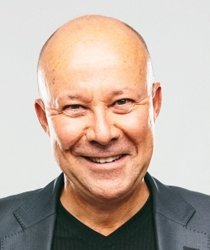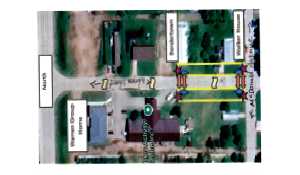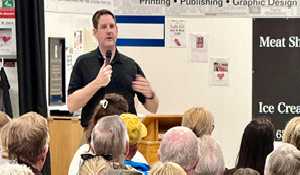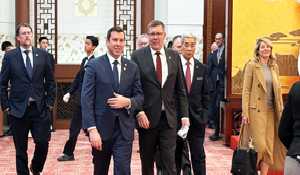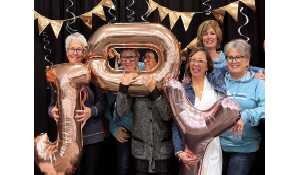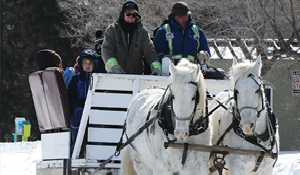Rethinking universities
November 27, 2017, 2:47 pm

The University of Saskatchewan changed my life.
From a good education to role models who became friends, the faculty members I admired had academic rigor and a tolerance for the exchange of ideas and a love of learning. It didn’t hurt that they were terrific people, too.
There are still good people doing strong academic work and creditable research at this university but somehow the place feels different— more bureaucratic, less accountable, and the voices of the political left are louder, more strident and less tolerant than in the past.
The furor in recent days enveloping Wilfred Laurier University in Ontario is a symptom of a deeper rot within the modern academy.
At Laurier, three staff took 22-year-old teaching assistant Lindsay Shepherd into a room for a Maoist thought re-education session because she had “exposed students to violence” by showing them a four-minute excerpt of both sides in a debate on transgendered pronouns which had aired on Ontario’s educational TV network.
The inquisition featured comparisons to Hitler and the suggestion that Lindsay had spread hate and transphobia…. by exposing adults to a debate!
Fortunately, Lindsay had the good sense to record the shakedown which was not just an assault on free speech but a denigration by ideologues of the most basic principles of higher education and critical thought.
Universities have always attracted more left wingers than elsewhere. After all, there aren’t many places where people with a fervent commitment to Karl Marx and social justice can haul in $160,000 a year.
But years ago, it was all part of a culture of thought, the robust exchange of ideas and a respectful analysis and presentation of disparate points of view.
Modern universities have changed, now often into intersectionalist post-modern Marxist training camps that deconstruct norms—from political and social to gender, racial and legal. In other words, they are trying to reshape society. And, as Lindsay Shepherd discovered, they don’t play nicely.
Since graduating years ago, I mused that it would be a good idea, if ever it became possible, to repay the university some of the cost of getting a great education and an invaluable life experience.
Over the years, I donated about $20,000, roughly one quarter of my plan; the rest was a thought to support a project at the College of Law. An unfortunate and rather public chop by some law profs a couple of years ended that, but now I’m able to donate to other passions.
Many increasingly frustrated alumni and donors want to force change. But a couple of factors that are defining the 21st Century will likely do it for us.
In a culture of heightened concern over climate change and carbon policy, why do young adults need to sit in cavernous lecture theatres and classrooms, on large campuses, that create a vast carbon footprint with millions of square feet of space to be heated, cooled, cleaned and maintained by scarce public resources?
The disruptive force for universities is the rise of technology and big data. Think of the value, from science to law, education and the humanities, of sitting at a screen and receiving lesson plans, lectures and seminars from the greatest academic minds in the world at Harvard, Cambridge, Oxford, MIT or Stanford.
In some cases, these renowned academics and world class teachers, who might even be available in real time on Skype or FaceTime for a tutorial, may have constrained their political impulses and instead focus on teaching and learning rather than propagandizing.
University campuses will not disappear. Some teaching facilities in science and health will require lab space and in-person tutelage but using a fraction of today’s modern huge campus infrastructure.
Good universities might have an opportunity to realign with the values of their communities. But there is a chasm in many cases between the world that academics see and the one lived by most citizens.
It would be tragic if universities have squandered the goodwill and time they should have used to reestablish a bond with the people whose tax dollars and donations support them.
